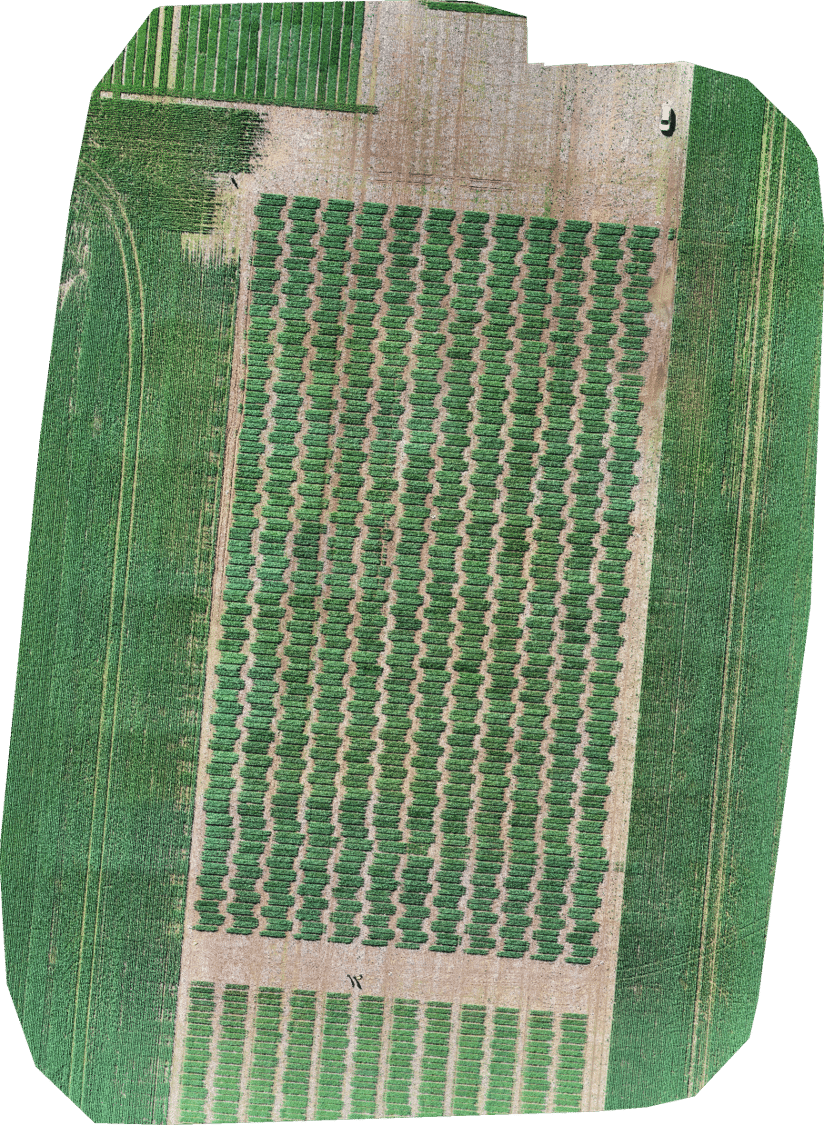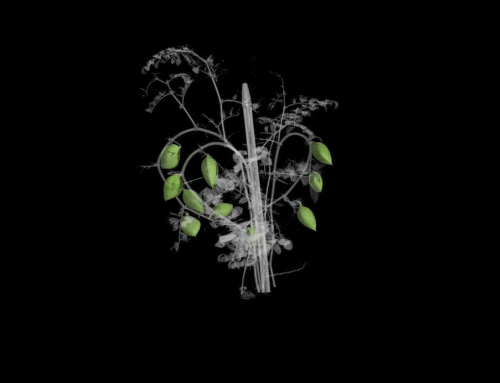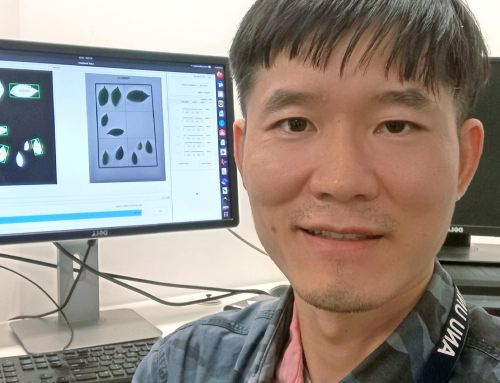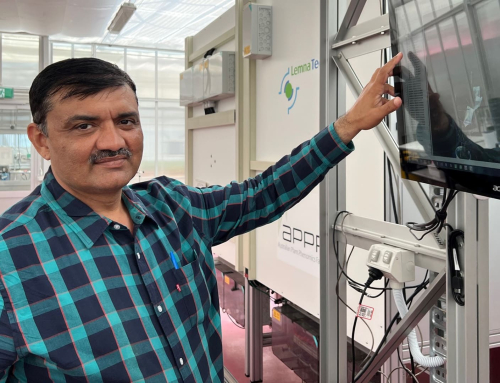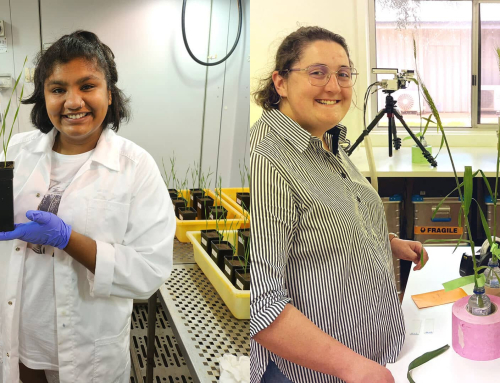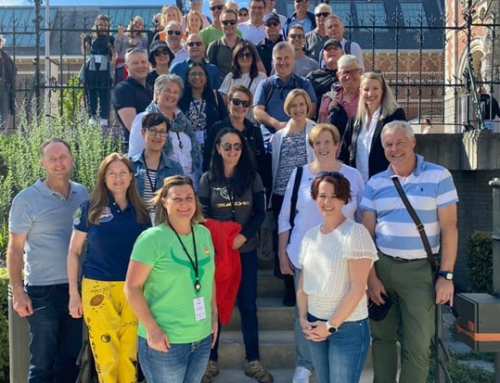The APPF’s newest project “Advancing remote sensing benefits to agriculture through hyperspectral processing” has been accepted by the UK/Australia Space Bridge.
The UK/Australia Space Bridge involves the SmartSat CRC, the UK Science and Innovation Network and Satellite Applications Catapult and aims to create and foster partnerships across academia and industry in the UK and Australia which could ultimately lead to collaborative research that grows industry capacity, provides an innovative end-product or capability and builds on the respective space ecosystems of each country to mutual benefit.
The project brings the APPF at the University of Adelaide together with the satellite data experts at Digital Content Analysis Technology Ltd (D-CAT) in the UK/Australia and leading Australian cereal breeder InterGrain to assess the potential of using hyperspectral data to make agricultural crop breeding decisions.
The research will look to develop hyperspectral methods to differentiate cereal crop varieties using both greenhouse and field data acquired with the FieldExplorer. This information will be scaled up into models which use satellite data to enable plant breeding and agronomic decision-making.
The APPF’s Image and Data Lead, Dr Ken Clarke, says satellite data is poised to be a game-changing technology for agriculture, but understanding its potential and developing solutions for impediments to industry adoption must be overcome.
With agriculture under enormous pressure to maximise crop yields to feed a growing world population combined and a climate that is becoming increasingly hostile, our farmers must make in-season decisions about their crops that have crucial impacts on final yield. Similarly, plant breeders are faced with difficult decisions when selecting superior new varieties of crops that will be high-yielding in multiple different agro-ecological zones. Remote sensing technology has shown real promise in helping to inform these decisions, but the incorporation of new tools into plant production and improvement programs has been slow.
“We aim to change that,” says Ken Clarke “Looking at the bigger picture the goal is the development of expertise and pipelines to maximise the utility of current data sets, both for academic purposes but also commercial exploitation, but to also be fully prepared for the arrival of new, richer hyperspectral data sets in very near future.”
He hopes the work initiated in this project will lead directly into a larger collaborative research effort into incorporating satellite data into plant breeding programs.
Check out the video showing a cereal field trial at Tarlee in SA where APPF is non-destructively measuring biomass and feed quality traits using the FieldExplorer and drone imagery.
Contact: Dr Kenneth Clarke


